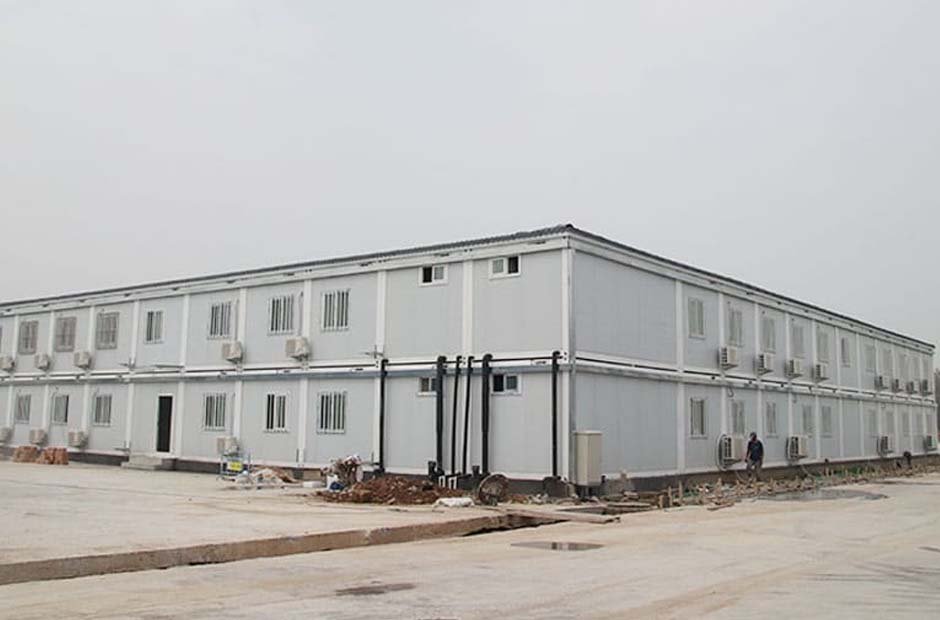When you oversee a contracting company, there will come a point when your team is hired to do some work in a different city. This is great for the growth of the company, but it can be a bit tricky to ensure that all your team will have somewhere to stay while they’re on location.
There are a few options to consider, and while it can be tempting to just assume that a hotel is the only option, it isn’t, and it can cost an arm and a leg in the long term.
With this in mind, what are some of the different types of accommodation options that you may come across when looking for somewhere for your contractors to stay? Read on to find out!
Serviced Accommodation
Serviced accommodation is just another way of saying furnished.
When you’re looking to offer your team somewhere to stay longer term, you don’t want them to need to pay out a lot of money for furniture or services like internet access or landline phones. So, it’s, therefore, best in many cases to opt for serviced properties.
Corporate serviced properties are commonplace around most cities and towns, so they shouldn’t be too hard to find, and will usually have more flexible leases than other short-term stays. They are often homes or apartments, which means that you can put multiple members of your team into one property, thereby saving you money. There are even companies that can find serviced properties for you, so look online for serviced apartments in London from Comfy Workers to get a better idea about what’s available.
AirBnB
Yes, the company that became famous for providing luxurious accommodation to those who are traveling is now able to offer corporate options for your team. Using AirBnB has a few benefits, such as larger groups of contractors being able to share a house that has multiple rooms, which will bring the costs down. Each listing is available for a set time, and the dwellings themselves are well-maintained.
Hotels
A lot of hotels offer rooms on a larger scale, and if your contractors are going to be traveling to work at a new location, it can be tempting to just book them into a hotel. That’s fine, provided that they’re engaging in a short-term stay (no more than 3 days), or you’ll lose a lot of money. Even the cheapest hotels are costly if you’re putting up multiple staff members, and they can also be intermittent with their room options, with some rooms needing to be rebooked every day.
Bed and Breakfasts
A bed and breakfast, or a B&B, is a cheaper and more suitable solution for your workers if you’re looking for somewhere for them to stay for a few days. Most B&Bs are small enough to be located on residential streets and close to amenities. For long-term accommodation, much like hotels, B&Bs can become pricy, as they only provide breakfast, so your staff will usually have to provide their own lunch and dinner. So, only opt for these in a pinch or for short-term stays.
















